EXPORT REGULATION CONFLICTS AT WTO
입력 2019.07.10 (15:02)
수정 2019.07.10 (17:04)
읽어주기 기능은 크롬기반의
브라우저에서만 사용하실 수 있습니다.
[Anchor Lead]
We start off today with updates on the ongoing dispute over Japan's export restrictions on semiconductor materials. During the World Trade Organization Goods Council held in Geneva, the South Korean government openly criticized Japan's move, and argued that economic retaliation for a political purpose is inappropriate.
[Pkg]
South Korea urgently introduced an additional agenda item during a meeting of the WTO Goods Council held in Geneva: Japan's trade regulatory action against Korea. At the meeting, Korea's Ambassador to the UN, Paik Ji-ah criticized Tokyo's export curbs and demanded a swift withdrawal. During that session with WTO member nations, the envoy stressed Japan's export control only targets one country and is an economic retaliation with a political purpose. Paik also expressed deep regret over the fact that Japan announced the restrictions immediately after emphasizing free and fair trade as the host of the G-20 summit in Osaka. She added that "damaged trust" and "inappropriate circumstances" cited by Japan do not constitute proper grounds for trade restrictions under WTO regulations, and demanded an explanation from Tokyo. Paik also said that Japan's action adversely affects not only Korean firms but international trade, and that the move seriously harms free trade values. In response, Japan's representative in Geneva, Junichi Ihara, defended his country's action as a necessary step to review Japan's export system related to national security, and emphasized the measures were not export restrictions. The South Korean government plans to continue raising the issue on the world stage and take response measures such as seeking a dispute resolution through the WTO.
We start off today with updates on the ongoing dispute over Japan's export restrictions on semiconductor materials. During the World Trade Organization Goods Council held in Geneva, the South Korean government openly criticized Japan's move, and argued that economic retaliation for a political purpose is inappropriate.
[Pkg]
South Korea urgently introduced an additional agenda item during a meeting of the WTO Goods Council held in Geneva: Japan's trade regulatory action against Korea. At the meeting, Korea's Ambassador to the UN, Paik Ji-ah criticized Tokyo's export curbs and demanded a swift withdrawal. During that session with WTO member nations, the envoy stressed Japan's export control only targets one country and is an economic retaliation with a political purpose. Paik also expressed deep regret over the fact that Japan announced the restrictions immediately after emphasizing free and fair trade as the host of the G-20 summit in Osaka. She added that "damaged trust" and "inappropriate circumstances" cited by Japan do not constitute proper grounds for trade restrictions under WTO regulations, and demanded an explanation from Tokyo. Paik also said that Japan's action adversely affects not only Korean firms but international trade, and that the move seriously harms free trade values. In response, Japan's representative in Geneva, Junichi Ihara, defended his country's action as a necessary step to review Japan's export system related to national security, and emphasized the measures were not export restrictions. The South Korean government plans to continue raising the issue on the world stage and take response measures such as seeking a dispute resolution through the WTO.
■ 제보하기
▷ 카카오톡 : 'KBS제보' 검색, 채널 추가
▷ 전화 : 02-781-1234, 4444
▷ 이메일 : kbs1234@kbs.co.kr
▷ 유튜브, 네이버, 카카오에서도 KBS뉴스를 구독해주세요!
- EXPORT REGULATION CONFLICTS AT WTO
-
- 입력 2019-07-10 15:16:22
- 수정2019-07-10 17:04:18
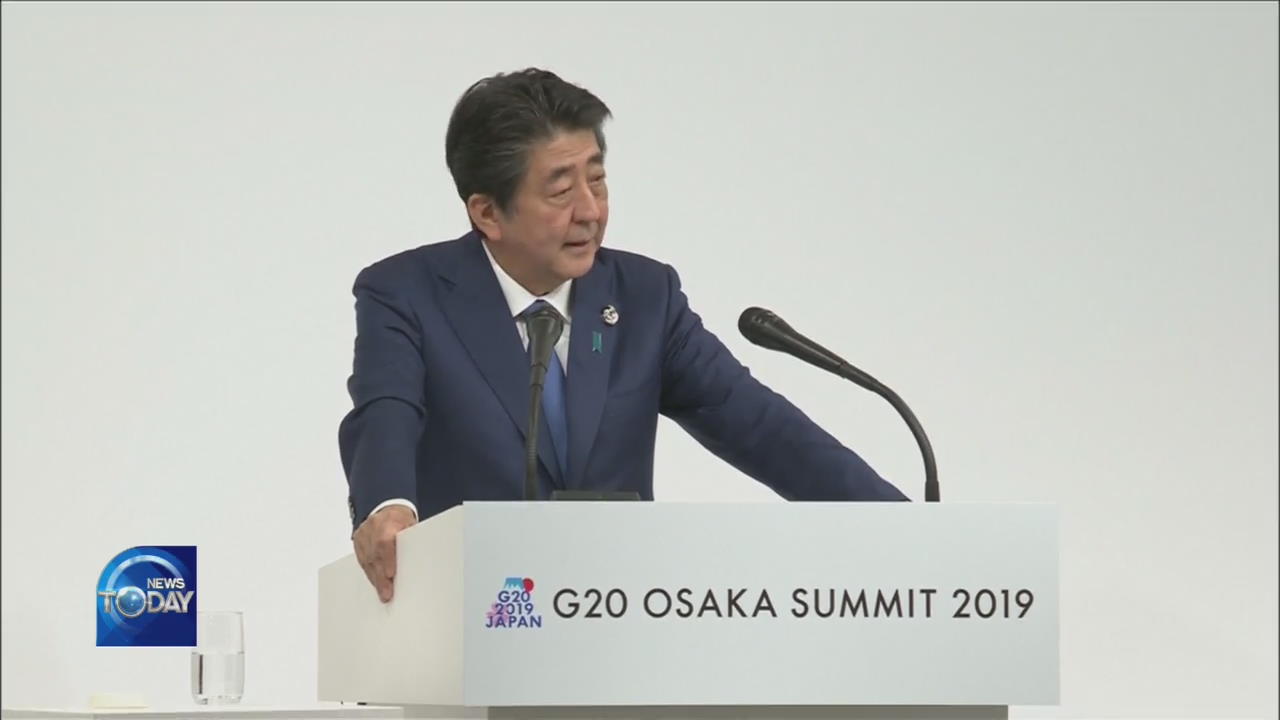
[Anchor Lead]
We start off today with updates on the ongoing dispute over Japan's export restrictions on semiconductor materials. During the World Trade Organization Goods Council held in Geneva, the South Korean government openly criticized Japan's move, and argued that economic retaliation for a political purpose is inappropriate.
[Pkg]
South Korea urgently introduced an additional agenda item during a meeting of the WTO Goods Council held in Geneva: Japan's trade regulatory action against Korea. At the meeting, Korea's Ambassador to the UN, Paik Ji-ah criticized Tokyo's export curbs and demanded a swift withdrawal. During that session with WTO member nations, the envoy stressed Japan's export control only targets one country and is an economic retaliation with a political purpose. Paik also expressed deep regret over the fact that Japan announced the restrictions immediately after emphasizing free and fair trade as the host of the G-20 summit in Osaka. She added that "damaged trust" and "inappropriate circumstances" cited by Japan do not constitute proper grounds for trade restrictions under WTO regulations, and demanded an explanation from Tokyo. Paik also said that Japan's action adversely affects not only Korean firms but international trade, and that the move seriously harms free trade values. In response, Japan's representative in Geneva, Junichi Ihara, defended his country's action as a necessary step to review Japan's export system related to national security, and emphasized the measures were not export restrictions. The South Korean government plans to continue raising the issue on the world stage and take response measures such as seeking a dispute resolution through the WTO.
We start off today with updates on the ongoing dispute over Japan's export restrictions on semiconductor materials. During the World Trade Organization Goods Council held in Geneva, the South Korean government openly criticized Japan's move, and argued that economic retaliation for a political purpose is inappropriate.
[Pkg]
South Korea urgently introduced an additional agenda item during a meeting of the WTO Goods Council held in Geneva: Japan's trade regulatory action against Korea. At the meeting, Korea's Ambassador to the UN, Paik Ji-ah criticized Tokyo's export curbs and demanded a swift withdrawal. During that session with WTO member nations, the envoy stressed Japan's export control only targets one country and is an economic retaliation with a political purpose. Paik also expressed deep regret over the fact that Japan announced the restrictions immediately after emphasizing free and fair trade as the host of the G-20 summit in Osaka. She added that "damaged trust" and "inappropriate circumstances" cited by Japan do not constitute proper grounds for trade restrictions under WTO regulations, and demanded an explanation from Tokyo. Paik also said that Japan's action adversely affects not only Korean firms but international trade, and that the move seriously harms free trade values. In response, Japan's representative in Geneva, Junichi Ihara, defended his country's action as a necessary step to review Japan's export system related to national security, and emphasized the measures were not export restrictions. The South Korean government plans to continue raising the issue on the world stage and take response measures such as seeking a dispute resolution through the WTO.
이 기사가 좋으셨다면
-
좋아요
0
-
응원해요
0
-
후속 원해요
0










![[HEADLINE]](https://news.kbs.co.kr/data/news/2019/07/10/4239363_10.jpg)
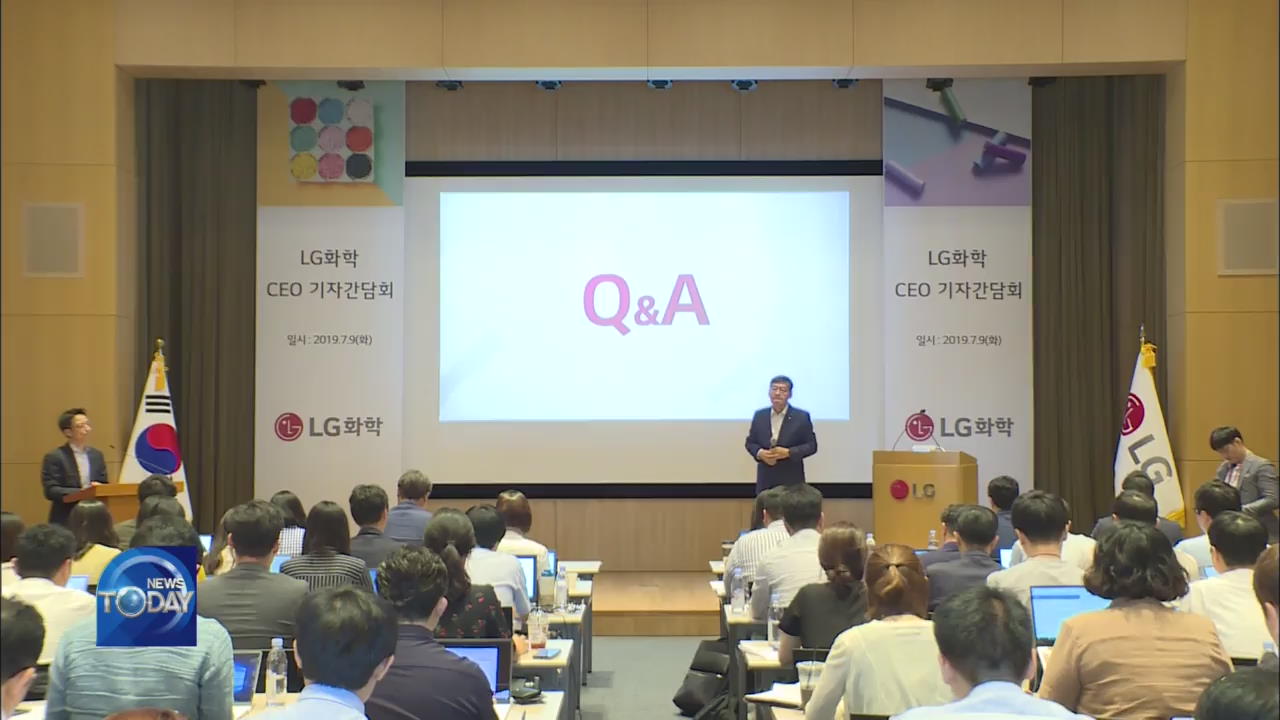
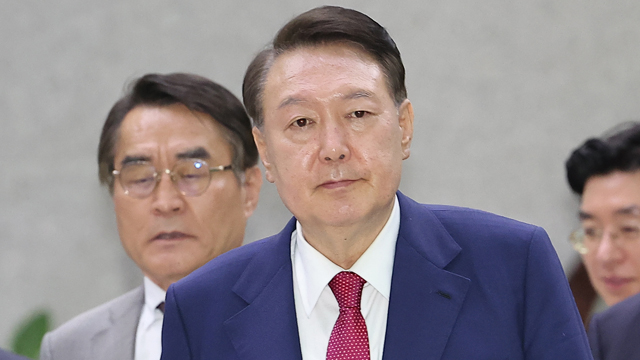
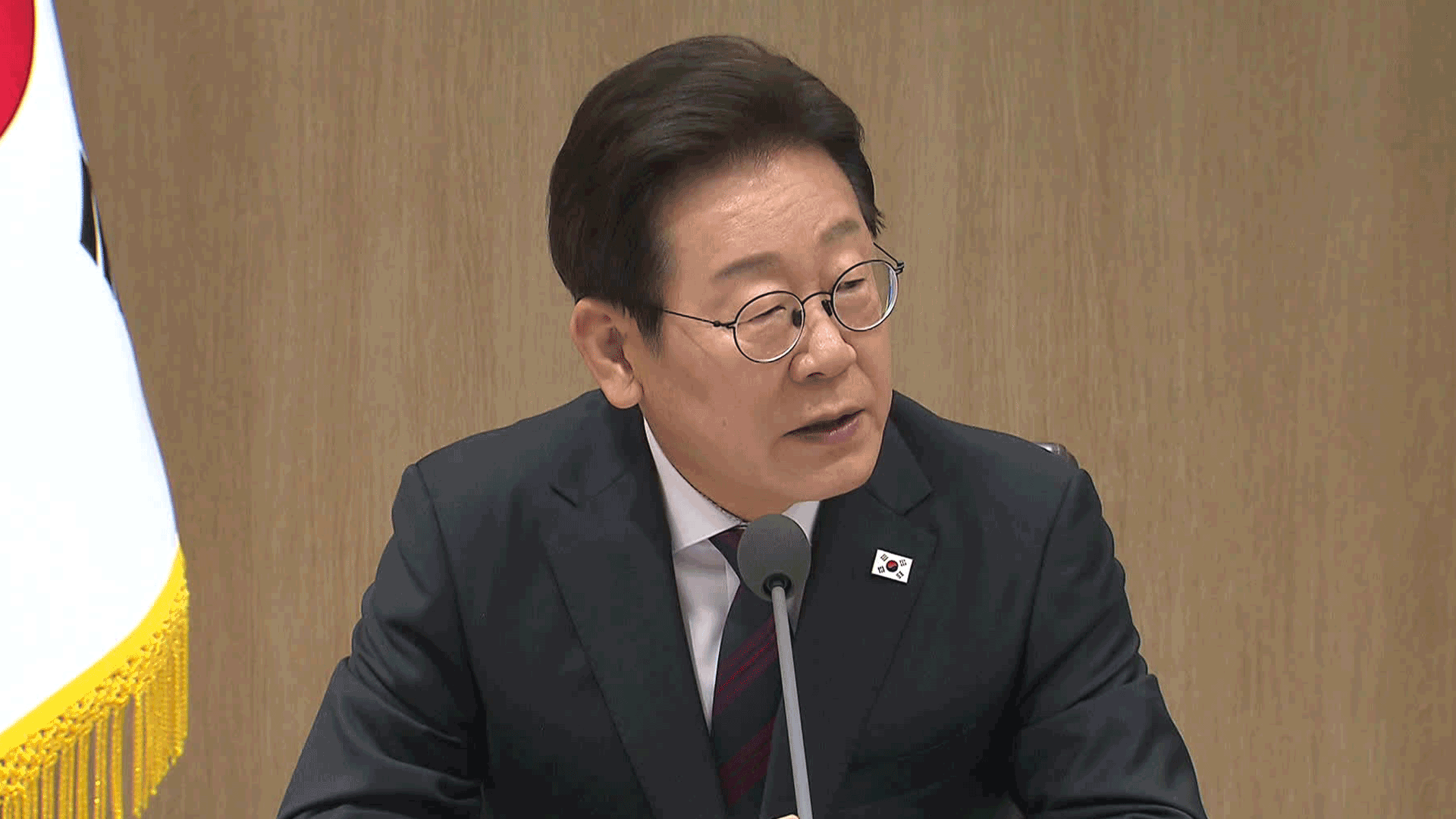
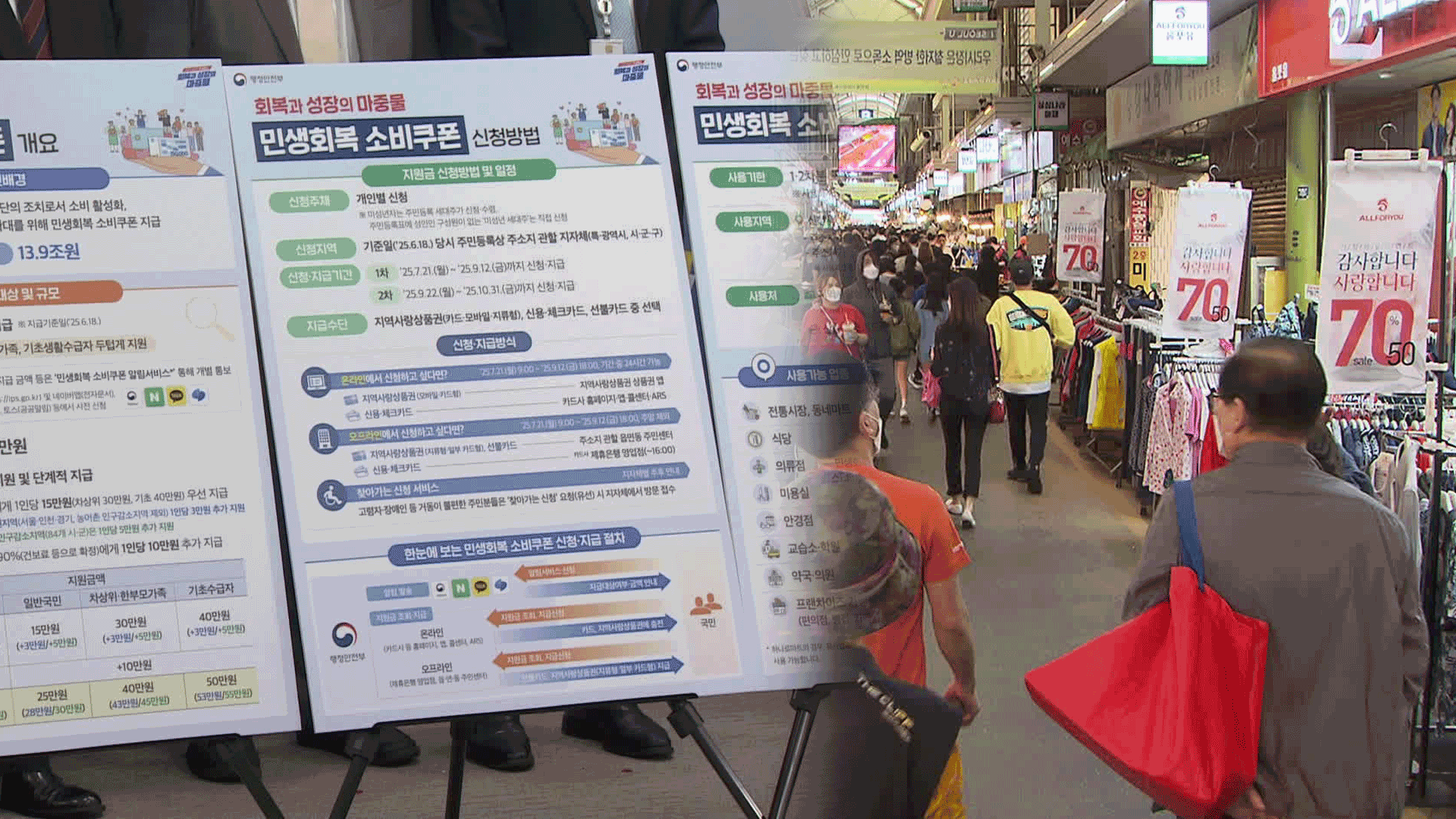
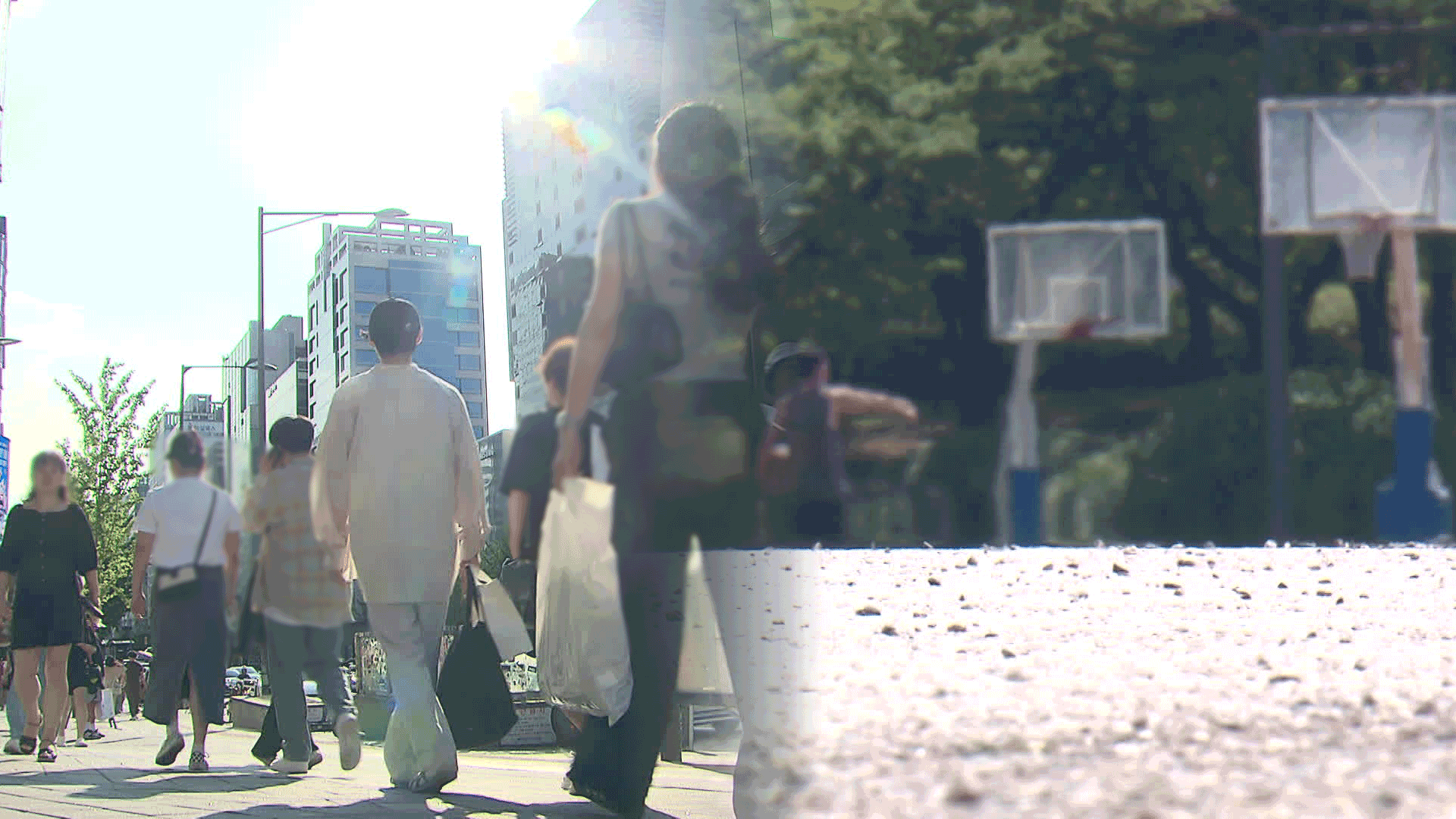

이 기사에 대한 의견을 남겨주세요.